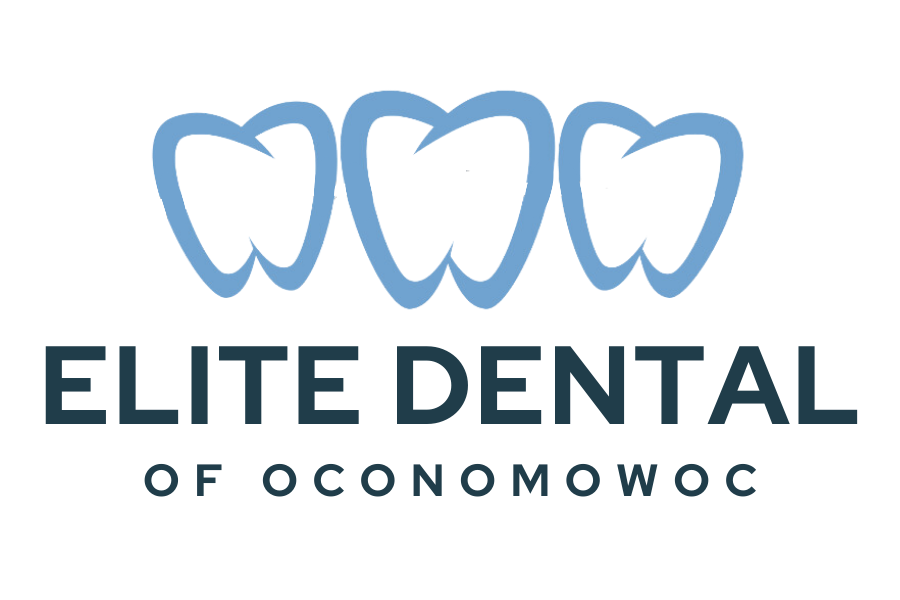Get Familiar With Oral Thrush

What Is Oral Thrush?
Oral thrush, also known as candidiasis, can occur in anyone of any age, from babies to the elderly. Oral thrush is a condition that occurs when a fungus called candida Albicans builds up on the lining of the mouth. The result is white lesions on the tongue or inner cheeks.
Oral thrush can sometimes be confused with leukoplakia. But leukoplakia lesions are caused by chronic irritation from rough edges on teeth, fillings or crowns, not by an organism. And leukoplakia lesions develop over time, while thrush lesions may develop suddenly. A thrush infection can spread and involve the roof of the mouth and the gums, where it can cause symptoms such as redness and irritation. See your dentist if you have any type of lesions on your tongue or in your mouth so you can determine the cause of the problem and plan a course of treatment. The goal of treating thrush is to stop the infection from spreading.
Healthy babies and children may not need treatment-the the lesions may resolve on their own. Sometimes adding yogurt to you or your child’s diet may do the trick and reset the bacterial imbalance caused by the excess amount of the thrush fungus.
People with HIV or other immunosuppressive illness are at increased risk for the infection to spread. If you are in this category, your doctor or dentist may recommend an antifungal medication.
To prevent thrush from occurring or recurring, follow a consistent oral health care routine, and try to include yogurt with live, active cultures in your diet, especially if you take antibiotics for a chronic condition. Frequent use of antibiotics can promote the growth of the Candida fungus because they upset the natural mixture of microorganisms in the body.
The above article is from: OralB.com
Drs. Leaman, Setnicar & Piacsek, S.C.
James Leaman DDS, Joseph Setnicar DDS, Stacie Piacsek DDS
820 Summit Avenue
Oconomowoc, WI 53066
262-567-4466
